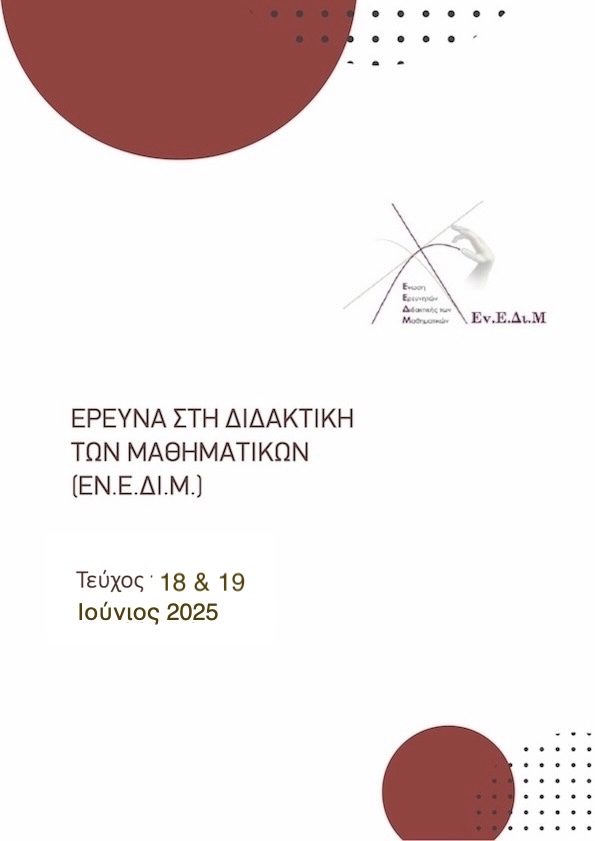Investigating the pedagogical content knowledge of secondary school teachers teaching Mathematics

Abstract
This study explores the characteristics of the content and organization of the pedagogical knowledge of secondary school teachers who teach Mathematics. For the purposes of the research, semi-structured interviews were conducted with two teachers who teach Mathematics in secondary schools in Northern Greece, as well as semi-structured observations of Mathematics lessons in their classrooms. The two participating teachers have sufficient teaching experience but have different professional paths, as the former is a mathematician, while the second is a physicist who teaches Mathematics for the first time in his career so far. The results highlight a more flexible perception and practice of the teacher with a non-traditional professional development pathway compared to those of the teacher with a traditional professional identity.
Article Details
- How to Cite
-
Litharis, K., & Sakonidis, C. (2025). Investigating the pedagogical content knowledge of secondary school teachers teaching Mathematics. Research in Mathematics Education, (18 & 19), 153–176. Retrieved from https://ejournals.epublishing.ekt.gr/index.php/enedim/article/view/36390
- Section
- Articles

This work is licensed under a Creative Commons Attribution 4.0 International License.
Authors who publish with this journal agree to the following terms:
Authors retain copyright and grant the journal right of first publication with the work simultaneously licensed under a Creative Commons Attribution licence that allows others to share the work with an acknowledgement of the work's authorship and initial publication in this journal.
Authors are able to enter into separate, additional contractual arrangements for the non-exclusive distribution of the journal's published version of the work (e.g. post it to an institutional repository or publish it in a book), with an acknowledgement of its initial publication in this journal.
Authors are permitted and encouraged to post their work online (preferably in institutional repositories or on their website) prior to and during the submission process, as it can lead to productive exchanges, as well as earlier and greater citation of published work (See The Effect of Open Access).


